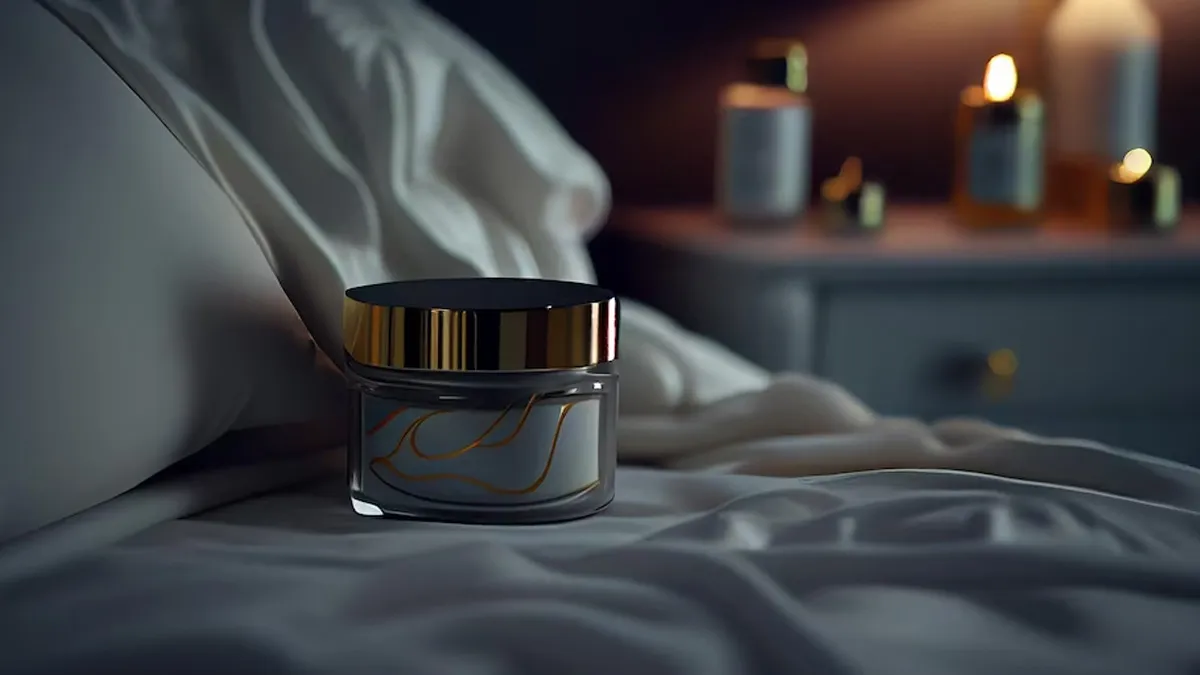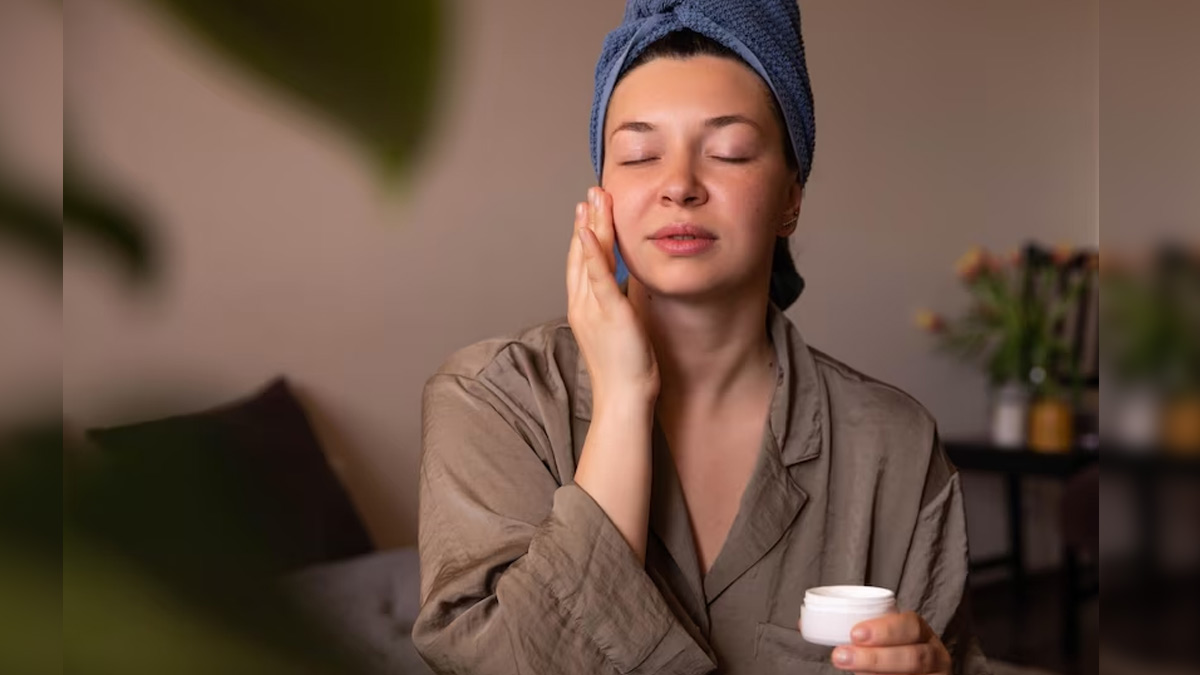
With the increasingly crowded skincare shelf, the options can be overwhelming. Among the most hotly contested items are night creams and night serums. Both promise to fix, moisturise, and revitalise your skin overnight, but are they interchangeable? Or does one have the edge in terms of performance?
Table of Content:-
We got in touch with our expert, Dr Sanjeev Gulati, Dermatologist, Department of Dermatology, Sharda Hospital - Noida, about the same questions. Here is what he shared with us, and you need to know.
What Is The Role of Night Creams?
Night creams are formulated to hydrate and seal in moisture deeply. As we sleep, our skin loses water, so a night cream provides a safeguard against dryness. They're typically thicker in consistency and are often infused with moisturising ingredients such as hyaluronic acid, ceramides, peptides, and natural oils. These function together to aid in skin repair, enhance elasticity, and diminish the appearance of ageing in the form of fine lines and dullness.
According to Dr Gulati, night creams are best suited for individuals with dehydrated, dry, or mature skin, as well as those who require intensive nutrition and moisture enhancement.
Also Read: Sleepless Nights And Strained Eyes: How Insomnia Silently Harms Your Cornea

What Is The Role of Night Serums?
Night serums, on the other hand, are light and full of high concentrations of active ingredients. Serums are also deeper-penetrating than creams because they have a smaller molecular structure. Depending on the product, they might be formulated with retinol to fight age, vitamin C to brighten, niacinamide to soothe, or glycolic acid to exfoliate. Serums address particular skin issues better than creams.
Night serums are ideal for those with issues such as hyperpigmentation, uneven skin tone, acne marks, or premature ageing who seek result-oriented skincare.
Advantages of Night Moisturising
Whether it is a serum, a cream, or both, night moisturising provides potent advantages because this is when your skin naturally renews itself. Some of the major advantages are:
1. Better Absorption
When it comes to night, our skin barrier becomes more permeable so that the active ingredients get absorbed well, which leads to a glowy and supple skin in the morning.
2. Boosted Repair Process
Skin heals harder at night, so moisturising helps to hydrate our skin, renew cells, and build collagen.
3. Enhanced Hydration
Night creams lock in moisture, while serums penetrate deep with concentrated actives. Both of which help hydrate the dry and dull skin.
4. Lessening of Ageing Signs
Night-time hydration every day helps to smooth fine lines, enhance elasticity, and plump the skin, which means fewer signs of ageing.
5. Healthier, Brighter Skin
When we replenish and nourish our skin overnight, it is only likely that we wake up to brighter, refreshed skin.

Night Cream vs Night Serum: Which One Wins?
Dr Gulati shared that it's not necessarily a question of either/or, it's a question of what your skin needs. Night creams are great at hydrating and keeping skin barrier health in check, and serums are solution-finders that provide high-potency actives. For most, the best strategy is layering both, which means using a serum as a first step to address concerns, and then following it with a night cream to seal it all in.
Bottomline
If hydration and repair are your objective, a night cream will work magic. If you're after targeting pigmentation, wrinkles, or other particular skin issues, a night serum is the way to go. And if you wish to wake up looking like a healthy, radiant goddess, combining them both is the best approach.
Also watch this video
How we keep this article up to date:
We work with experts and keep a close eye on the latest in health and wellness. Whenever there is a new research or helpful information, we update our articles with accurate and useful advice.
Current Version
Sep 08, 2025 12:39 IST
Published By : Tanya Srivastava